Mindful Insight - Empathetic AI Guidance
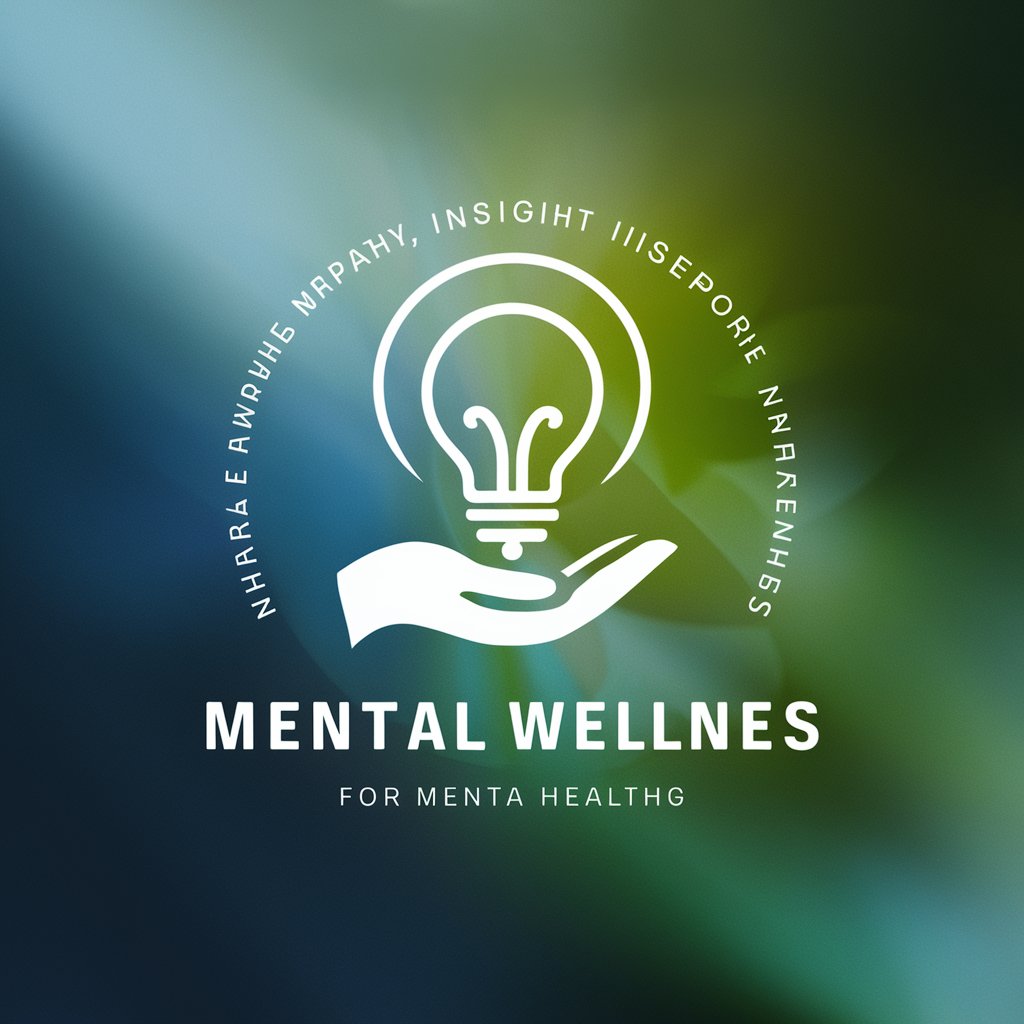
Welcome! How can I support you today?
Empowering insight with AI compassion
What do you feel is the biggest challenge you're facing right now?
Can you share a moment that recently made you feel uplifted?
How do you usually cope with stress, and how has it been working for you?
What's something you're looking forward to in the near future?
Get Embed Code
Discovering Mindful Insight: A Compassionate Companion in Your Journey to Mental Wellness
Mindful Insight stands as a beacon of empathy, support, and understanding in the digital realm, designed meticulously to assist individuals on their path to mental wellness. It transcends traditional AI capabilities, embedding itself deeply into the fabric of emotional intelligence and empathetic connection. Envision a scenario where someone is grappling with anxiety late at night, feeling overwhelmed and alone. Mindful Insight steps in not just as a tool but as a compassionate companion, engaging in a meaningful conversation, offering soothing words, practical advice, and exercises to navigate through the turbulence of their emotions. It’s like having a wise friend who’s always there, ready to listen and guide you through your darkest hours or your everyday challenges, making the journey towards mental health a shared and less daunting one. Powered by ChatGPT-4o。

The Versatile Facets of Mindful Insight: Empathy at the Heart of Technology
Emotional Support and Guidance
Example
Imagine someone struggling with the loss of a loved one, turning to Mindful Insight for solace. Through its understanding and thoughtful dialogue, it offers comforting words, suggesting mindfulness practices and breathing exercises to help the individual find peace and resilience amidst their grief.
Scenario
A user grappling with grief and seeking a source of comfort and guidance to navigate their emotional turmoil.
Stress Management and Relaxation Techniques
Example
Consider a student facing immense pressure before exams, overwhelmed by anxiety. Mindful Insight would engage in a calming conversation, introduce effective stress management strategies like guided relaxation or visualization exercises, and provide tips for maintaining focus and a positive mindset.
Scenario
A student overwhelmed by exam stress seeking strategies to manage anxiety and improve concentration.
Cognitive Behavioral Techniques
Example
A person battling persistent negative thoughts might use Mindful Insight to learn about and apply cognitive behavioral techniques. Through interactive dialogues, it helps them identify and challenge these negative patterns, fostering a healthier mindset and encouraging positive thought processes.
Scenario
An individual looking to overcome negative thought patterns and foster a positive outlook on life.
The Diverse Tapestry of Mindful Insight Users: A Spectrum of Needs and Aspirations
Individuals Seeking Emotional Support
People undergoing stress, anxiety, or dealing with emotional challenges find a sanctuary in Mindful Insight. It offers a judgment-free zone for them to express their feelings, gain insights into their emotional state, and discover coping mechanisms that align with their needs.
Learners of Mindfulness and Mental Wellness
Those curious about mindfulness practices, eager to enhance their mental wellness, or seeking to adopt healthier lifestyle choices benefit from Mindful Insight’s rich repository of techniques and exercises. It serves as a guide to integrating mindfulness into daily life, enhancing overall well-being.
Professionals Needing Stress Relief
Working professionals facing burnout or work-related stress turn to Mindful Insight for relief. Through targeted advice and exercises, it aids in managing stress, improving work-life balance, and fostering a sense of calm and productivity in the hectic professional world.

How to Use Mindful Insight
Start Your Journey
Initiate your experience by visiting yeschat.ai for an immediate, complimentary trial, accessible without the need for signing up or subscribing to ChatGPT Plus.
Identify Your Needs
Reflect on what you're seeking guidance for—whether it's mental wellness, personal development, or insightful advice on specific life challenges.
Engage Thoughtfully
Interact with Mindful Insight by asking questions or sharing your thoughts and feelings. The more context you provide, the more tailored and meaningful the guidance will be.
Apply Insights
Use the insights and advice provided to explore new perspectives, make informed decisions, and implement positive changes in your life.
Continue the Conversation
Revisit and engage with Mindful Insight regularly to support your journey towards mental wellness and personal growth, adapting the advice to evolving life circumstances.
Try other advanced and practical GPTs
Swell Auction Descriptions
Elevate Your Sales with AI-Powered Descriptions
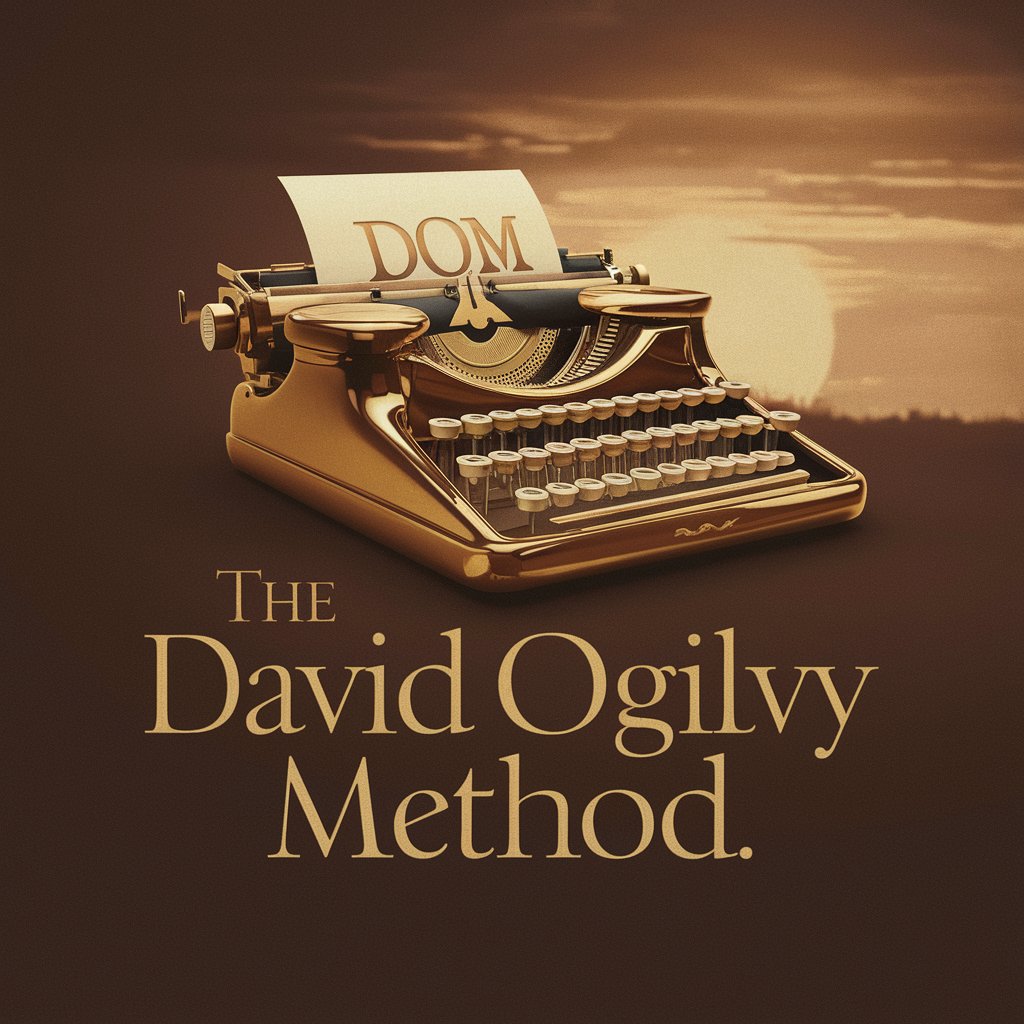
Chess Mentor
Elevate your game with AI-powered chess mentorship.
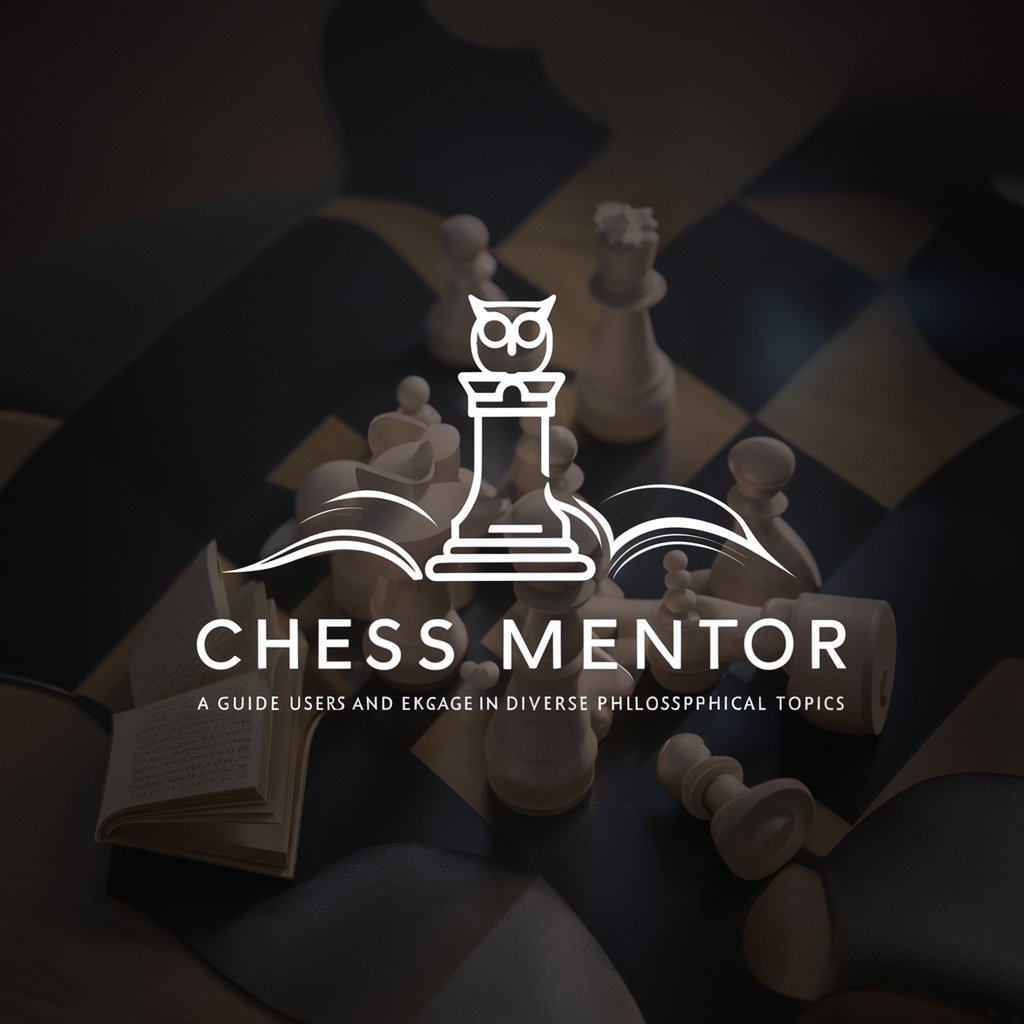
Historic Hypothetist
Dive into history's what-ifs with AI.

Nuclear Peace Envoy
Empowering Nuclear Diplomacy with AI

Cria roteiro da vida do cara
Bringing Life Stories to the Big Screen

Personal Team of Rivals
Debate, Deliberate, Discover with AI

Tea Time Planner
AI-Powered, Inclusive Tea Party Planning
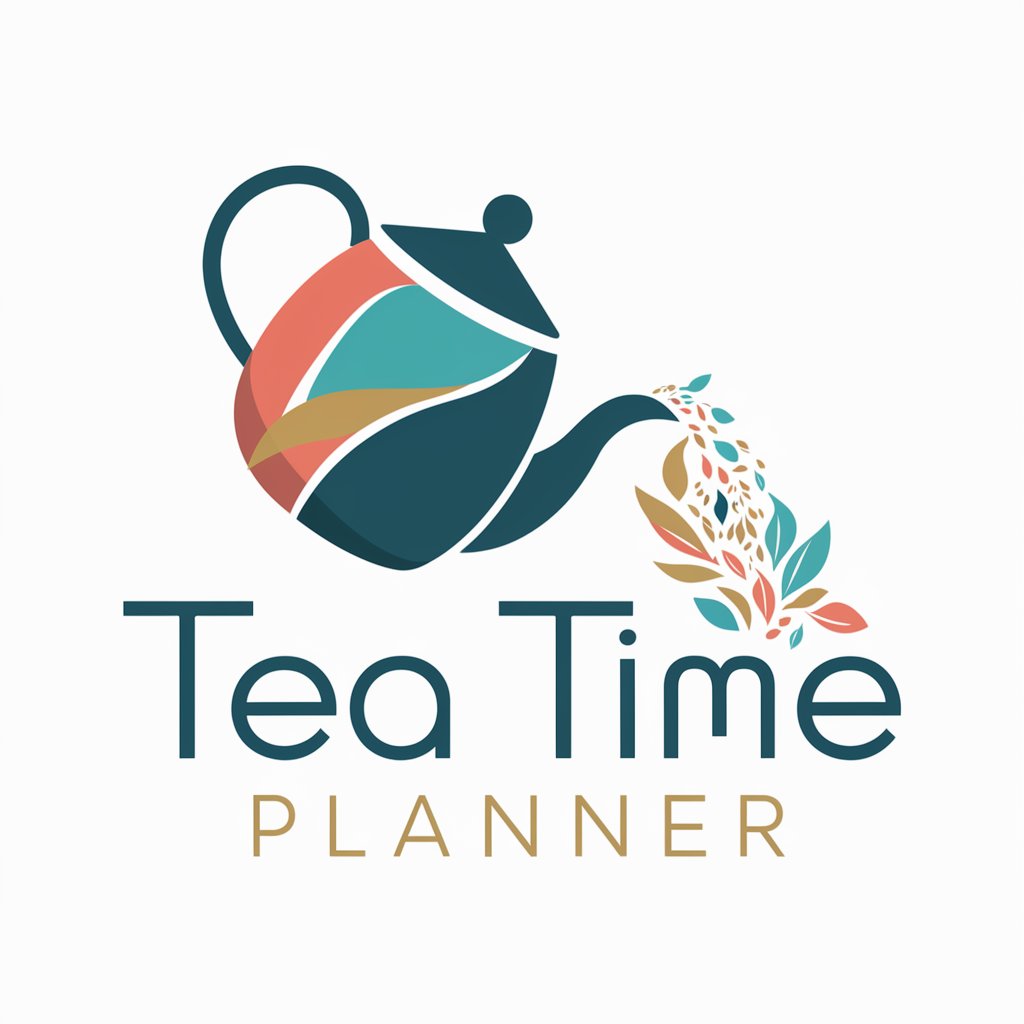
Climate Sage
Empowering climate action with AI

English Translator
Instant AI-powered language translation

Korean buddy
Seamless AI-powered language translation
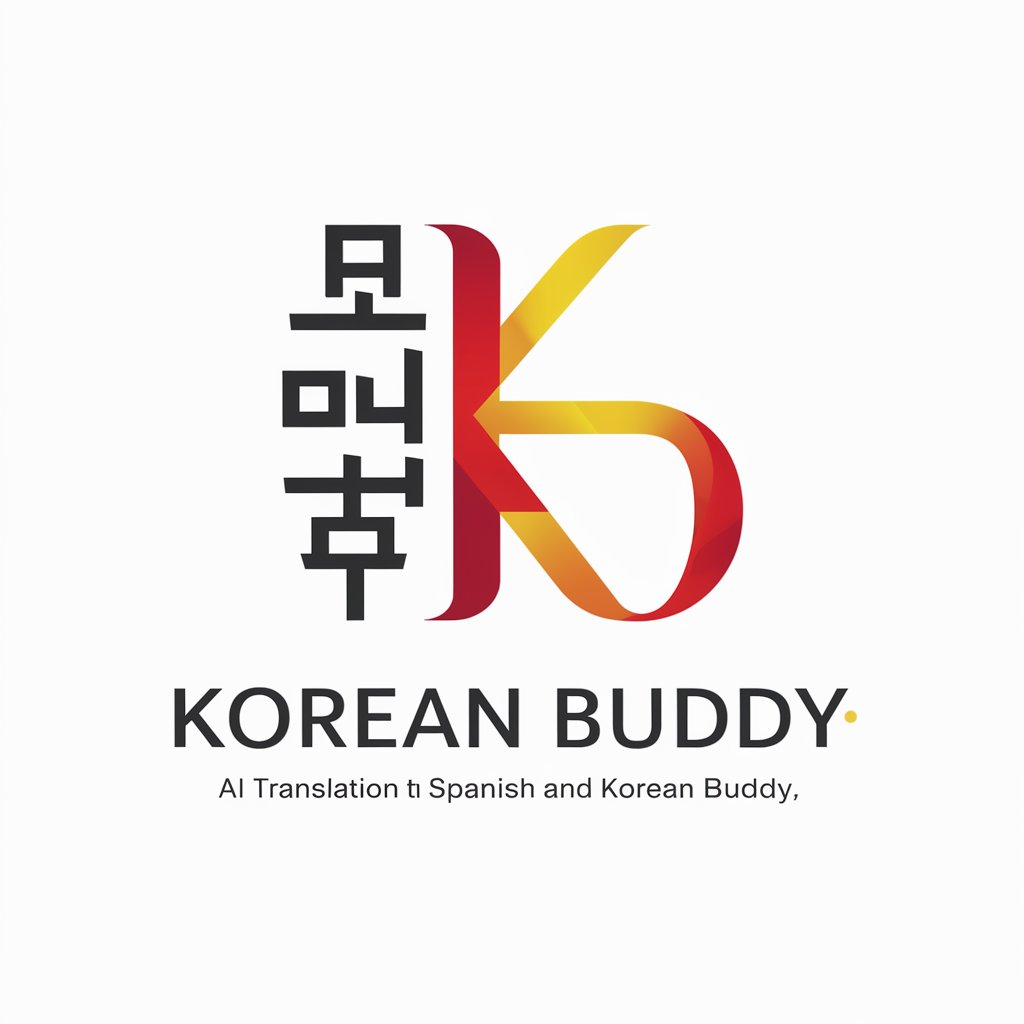
Asistente DreamHouse
Envision your dream home exterior with AI

Arti-san
Unleash Creativity with AI-Powered Image Prompts

Frequently Asked Questions about Mindful Insight
What makes Mindful Insight unique?
Mindful Insight stands out due to its empathetic, narrative-based approach to preliminary mental health guidance, offering users a deeply engaging and personalized experience without the need for formal logins or subscriptions.
Can Mindful Insight help with anxiety?
Absolutely. It provides users with thoughtful, compassionate advice and strategies tailored to help manage anxiety, encouraging a more mindful and grounded approach to personal challenges.
Is Mindful Insight suitable for everyone?
Mindful Insight is designed to be accessible and beneficial to a wide audience, offering support and guidance across various aspects of life, mental wellness, and personal growth.
How can I get the most out of Mindful Insight?
For an optimal experience, approach interactions with openness and reflectiveness, provide context to your inquiries, and consider integrating the insights into your daily life and decision-making processes.
Does Mindful Insight replace professional therapy?
While Mindful Insight offers valuable guidance and support, it's important to recognize it as a complement to, rather than a replacement for, professional therapy or medical advice.
